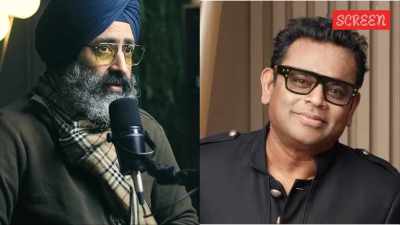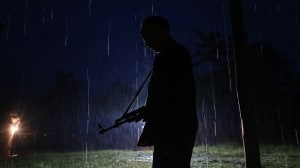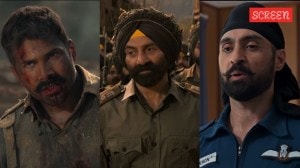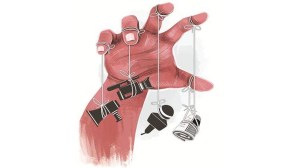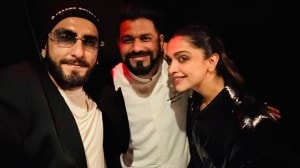Who146;s a liberal?
One of the more dangerous paradoxes of public discourse in democratic societies is that some 8220;liberals8221; are often the most intolerant, some 8220;intellectuals8221; are often the best practitioners of smear campaigns and some media are often willing carriers of such 8220;liberal intellectual8221; concerns.

One of the more dangerous paradoxes of public discourse in democratic societies is that some 8220;liberals8221; are often the most intolerant, some 8220;intellectuals8221; are often the best practitioners of smear campaigns and some media are often willing carriers of such 8220;liberal intellectual8221; concerns. All three combined to produce the utterly indefensible web and print media campaign in India and the US over the appointment of Sonal Shah in Barack Obama8217;s transition team. Ultra-right political operatives sought to damn Obama via his acquaintance/ associations with people who they thought weren8217;t American enough. They would recognise the tactics of 8220;left/liberal8221; campaigners who want everyone to believe that by a seemingly unchallengeable definition, Shah isn8217;t secular enough. Obama was judged by American voters as not having had to prove anything on these accusations. Shah has been repeatedly endorsed by the Obama transition camp. This irony no doubt escapes those who sought to destroy a person8217;s reputation by applying standards of proof that, if employed by a student in an American university, would fetch him a failing grade even in these times of grade inflation.
It is necessary therefore to highlight the dreadfulness of the anti-Shah campaign. Her participation in collecting Gujarat earthquake relief and an organisation8217;s invitation to her to speak at its event have been transformed into apparently inarguable evidence of her identification with illiberal politics. This is shocking. Did the anti-Shah campaign provide a single shred of proof that Shah was associated even in the most tangential way with illiberal political practices? Plus, and equally important, who gave anti-Shah campaigners the exclusive right to define liberal politics. The absence of proof and the presence of dogma make the concerted effort to question Shah8217;s suitability for a political office somewhat sinister. What were the people supplying these innuendos trying to get at?
Politics is and should be a host to thousand different varieties and shades of opinion and thought. Politics in democracies must also naturally allow across-the-board interactions. Straitjackets may be useful tools in pitched battles in academic seminars, where no prisoners are taken. But in diverse, robust democracies like India and America, judgment calls, especially about potential holders of public office, require a real appreciation of what it means to be a liberal: oppose all witch-hunts.
- 01
- 02
- 03
- 04
- 05


